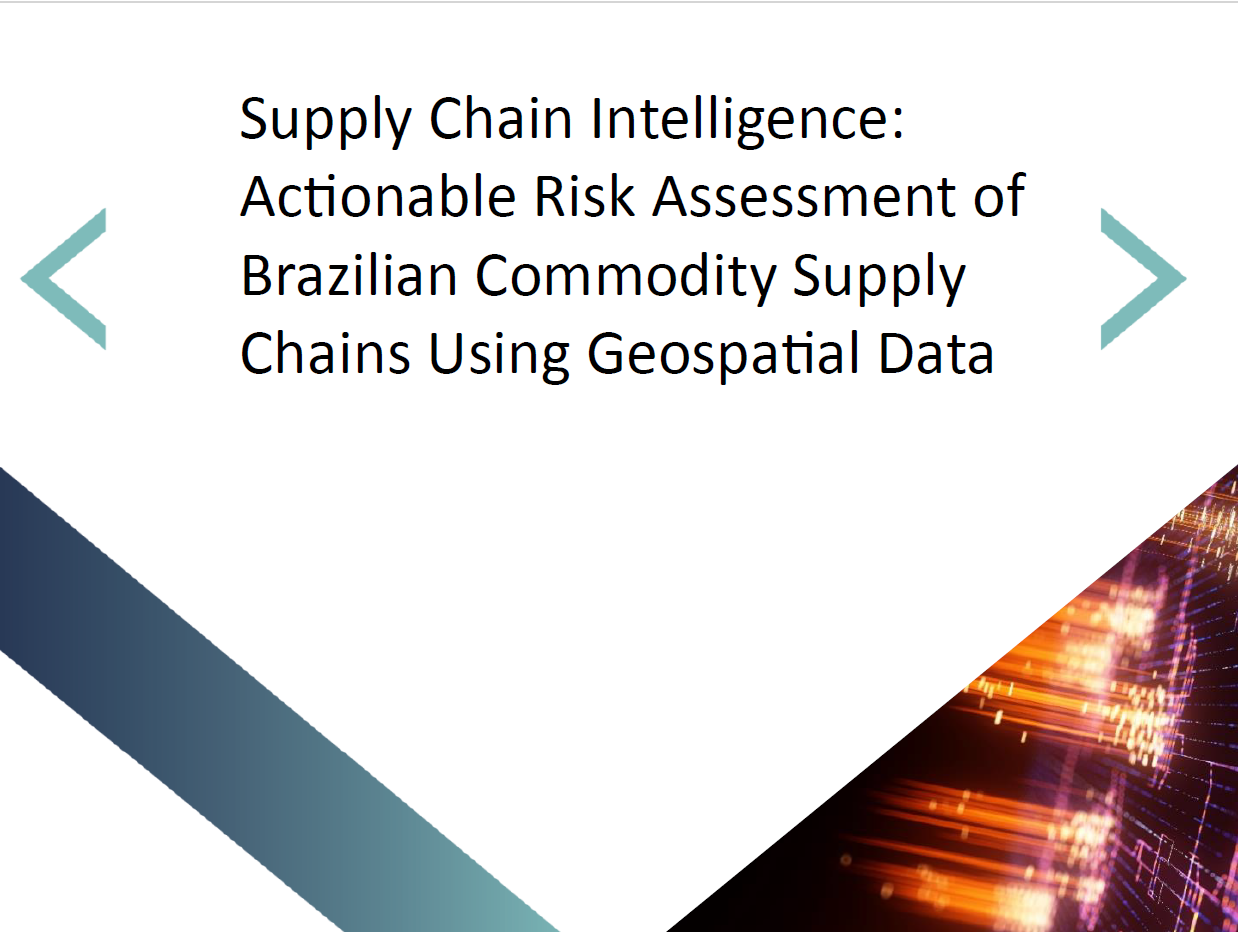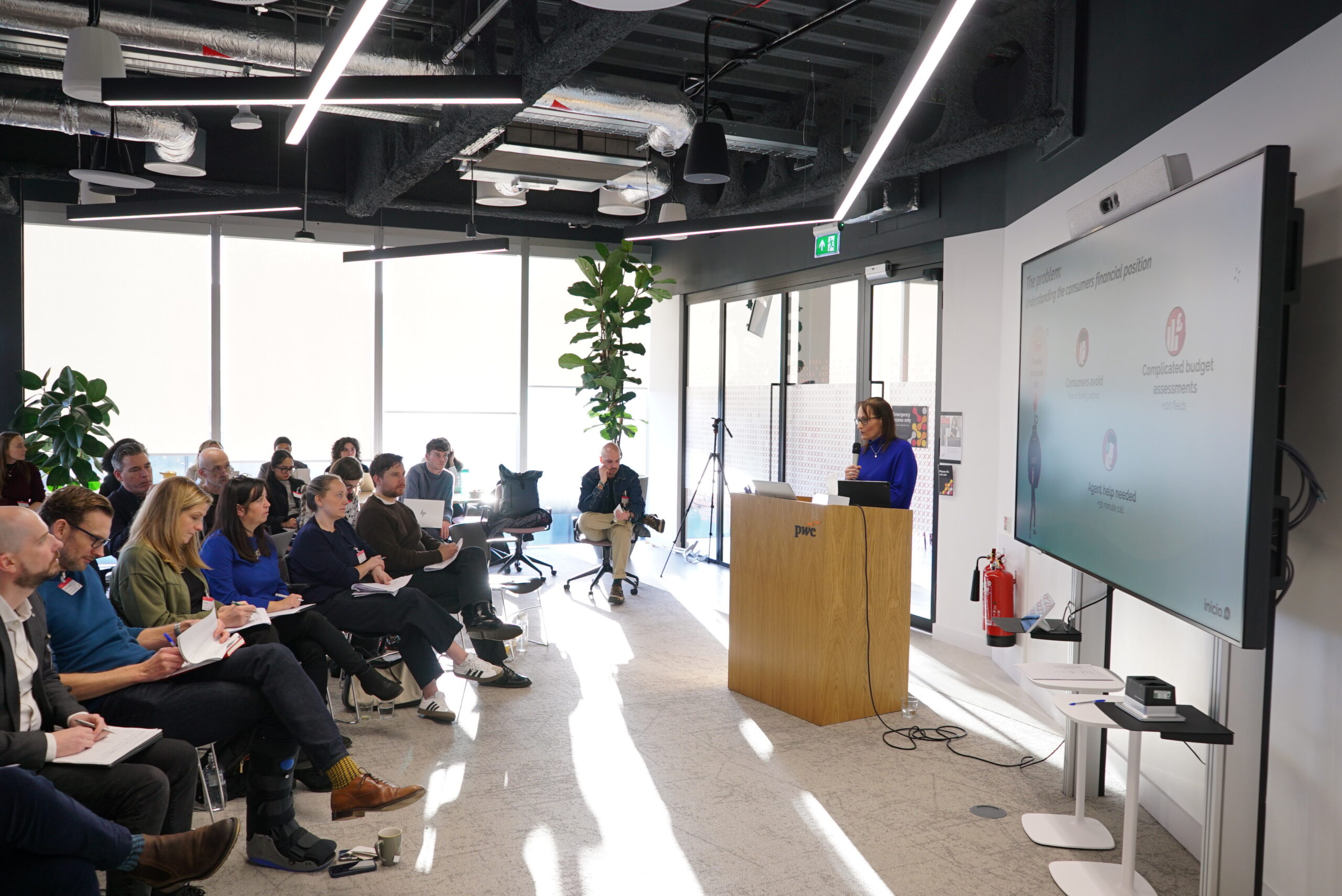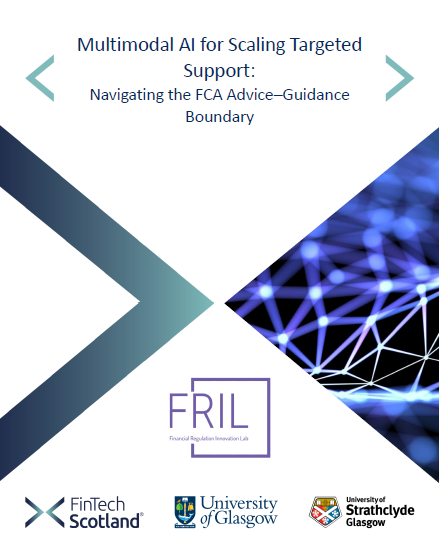Supply Chain Intelligence: Actionable Risk Assessment of Brazilian Commodity Supply Chains Using Geospatial Data

Geospatial data is transforming sustainability risk assessment in Financial Services. Driven by mandatory regulations such as the EU’s CSRD and SFDR, alongside emerging standards such as TNFD, financial institutions must now monitor not just financial performance, but real-world environmental and social impacts across global supply chains.
This white paper showcases how geospatial data and asset-level geospatial analysis can be used as a support tool for supply chain impact monitoring. Specifically, we evaluate deforestation risks in Brazilian commodity supply chains. Using publicly available datasets and Google Earth Engine, we develop a reproducible risk scoring framework, applied to over 17,000 slaughterhouse facilities, tied to 9,854 companies, across Brazil.
This analysis:
- Quantifies deforestation exposure across 12 animal-based commodities at facility and company level.
- Creates actionable risk metrics for investors, lenders, and regulators.
- Aligns outputs with ESG disclosure frameworks, including CSRD, SFDR, TNFD, and the EUDR.
- Highlights high-risk companies and regions, providing clear signals for due diligence and sustainable finance strategy.
This paper is part of a broader move toward Earth Intelligent Finance, empowering financial actors to make faster, smarter, and more transparent sustainability decisions using geospatial insight.



